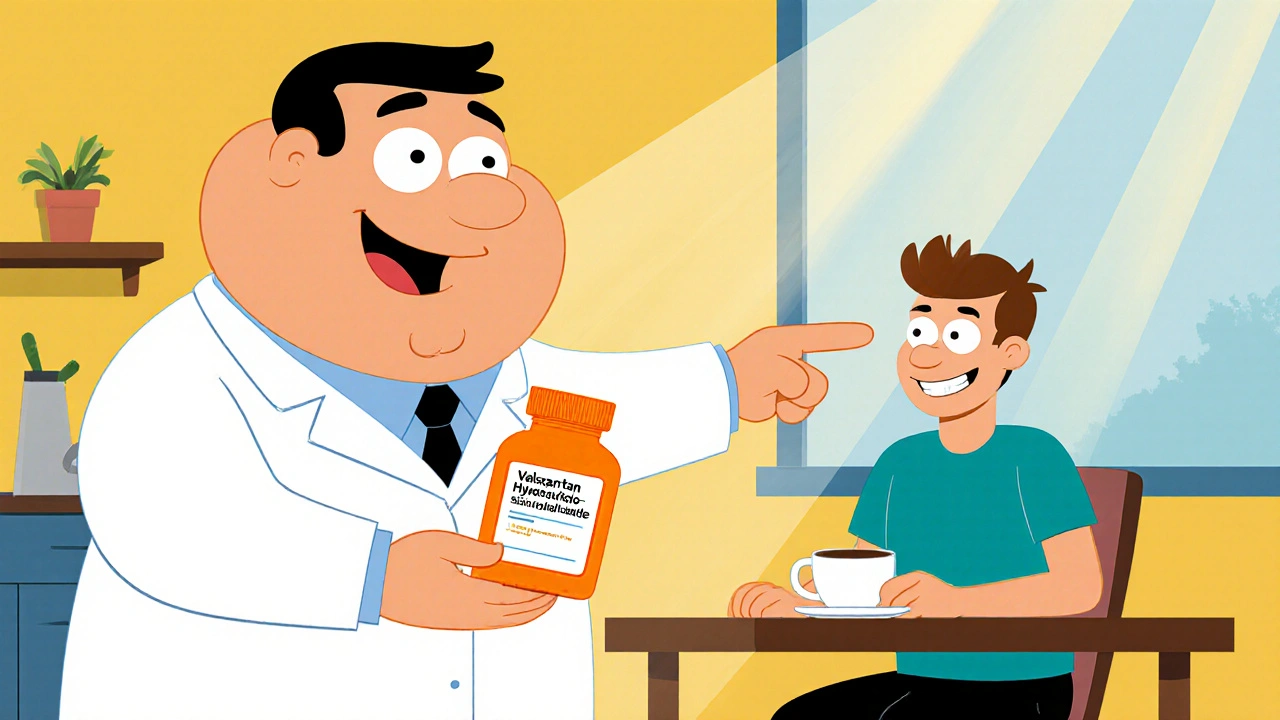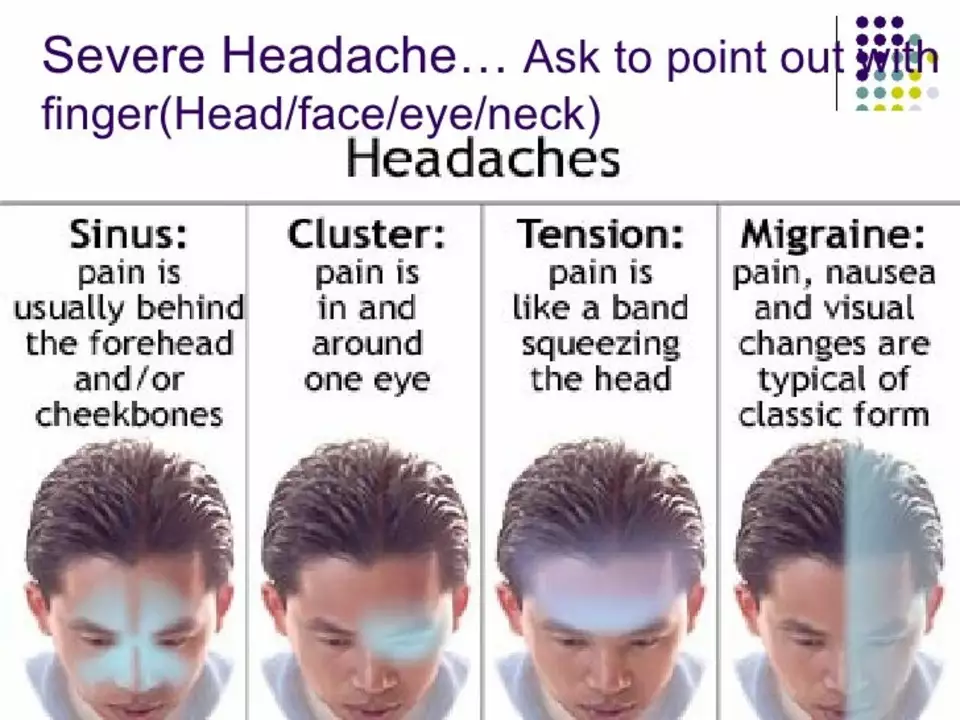Side effects: how to spot them and what to do next
Side effects are the unwanted things a medicine can do. Some are mild and fade in days. Others are rare but need quick action. If you take a new drug or change a dose, know the likely side effects, what’s normal, and what’s an emergency. That knowledge helps you avoid harm and get the benefits you need.
Common vs serious side effects — what to expect
Common side effects are things like nausea, drowsiness, mild rash, dry mouth, or constipation. They’re annoying but often manageable: drink water, avoid driving if sleepy, and tell your doctor if they don’t improve. Serious side effects include high fever, chest pain, sudden breathlessness, severe rash with peeling, fainting, yellowing skin, or signs of infection. These need immediate medical care.
Different medicines have distinct risks. For example, some muscle relaxants and antidepressants may cause drowsiness and fall risk in older adults. Immunosuppressants like azathioprine raise infection risk and need regular blood tests. Drugs used for heart stents or blood pressure can affect clotting or electrolytes. If you’re reading about a drug online, check the article or leaflet for both common and serious effects.
Practical steps if you notice side effects
1) Pause and evaluate: Are symptoms mild or severe? Mild: note them and try simple fixes (hydration, rest). Severe: stop the drug and get urgent care. For allergic signs—hives, swelling, trouble breathing—call emergency services right away. 2) Look up timing: Side effects that start right after a dose are likely related. Those that appear weeks later might be cumulative or due to interactions. 3) Check interactions: If you recently added another med or supplement, interactions can be the cause. Use a pharmacist or a trusted interaction checker app. 4) Don’t stop certain drugs abruptly: Some meds (like benzodiazepines, baclofen, or antidepressants) can cause withdrawal if stopped suddenly. Ask your prescriber how to taper safely.
Keep a short medication list in your phone or wallet: drug names, doses, start dates, and who prescribed them. That list speeds up help in emergencies and helps clinicians decide if a side effect is drug-related.
When buying meds online, scan the product page and leaflet for the side effect profile. Stick to reputable pharmacies and consult a pharmacist if something looks off. If an online listing downplays serious risks or the price seems too good to be true, pause and verify through another source.
Reporting side effects helps everyone. In the U.S., you can report to FDA MedWatch; many countries have similar systems. Tell your prescriber and pharmacist, too. Reports can lead to updated warnings or safer dosing advice.
Finally, ask questions. When your doctor prescribes something new, ask: What side effects should I watch for? When should I call you? Do I need blood tests or follow-up? Clear answers make side effects easier to handle and keep you safer while you use the medicine.
 3 Jan 2026
3 Jan 2026
The time you take your medication can significantly impact side effects and effectiveness. Learn how circadian rhythms influence drug response and what you can do to get timing right.
View More
 3 Jan 2026
3 Jan 2026
New antidepressants like Exxua, Zuranolone, and Auvelity offer faster relief and fewer side effects than older SSRIs. Discover how they work, who they’re for, and why cost and access still limit their use in 2026.
View More
 24 Oct 2025
24 Oct 2025
Learn how Valsartan‑Hydrochlorothiazide affects sleep, the side‑effects to watch for, and practical tips to restore restful nights.
View More
 21 Sep 2025
21 Sep 2025
Learn what Toradol is, when it’s prescribed, how to take it safely, common side effects, interactions, and practical tips for managing pain. Get clear answers to your most pressing questions about this strong NSAID.
View More
 25 May 2025
25 May 2025
Cipro, or ciprofloxacin, is a popular antibiotic doctors use to fight many kinds of bacterial infections. This detailed guide explains how Cipro works, the types of problems it treats, possible side effects, and the best ways to take it safely. You’ll also learn tips to avoid risks and what to expect if you need this medicine. Whether you’ve been prescribed Cipro or are just curious, this article breaks down the facts in plain English.
View More
Well, hello there folks! Buckle up because we're about to dive headfirst into the world of Trihexyphenidyl for kids! Now, don't let the scary name spook you - it's just a medication used to treat certain movement disorders. Safety is key, of course! So, dosage should be administered carefully, with a keen eye on any side effects! And speaking of side effects, dry mouth, blurred vision, and dizziness might pop up. But hey, don't sweat it! Just reach out to your friendly neighborhood doctor if anything goes south. A spoonful of caution makes the medicine go down, right?
View More
 19 May 2023
19 May 2023
In today's blog post, we'll discuss some useful tips for managing ticlopidine-induced headaches. These headaches can be quite bothersome, but with the right approach, you can minimize their impact on your daily life. Firstly, be sure to stay hydrated and maintain a regular sleep schedule. Secondly, consider over-the-counter pain relievers, but always consult your doctor first. Lastly, practice stress-reduction techniques such as meditation or yoga to help alleviate headache symptoms.
View More
 28 Apr 2023
28 Apr 2023
As a blogger, I recently explored the topic of Atenolol and diarrhea, and I'd like to share some key points with you. Atenolol, a common beta-blocker medication, can sometimes cause gastrointestinal side effects, including diarrhea. It's important to monitor your symptoms and consult with your doctor if you experience persistent or severe diarrhea while taking Atenolol. In some cases, your doctor may adjust your dosage or recommend alternative medications to help manage your symptoms. Remember, it's crucial not to stop taking Atenolol without consulting your doctor, as doing so may worsen your condition.
View More







